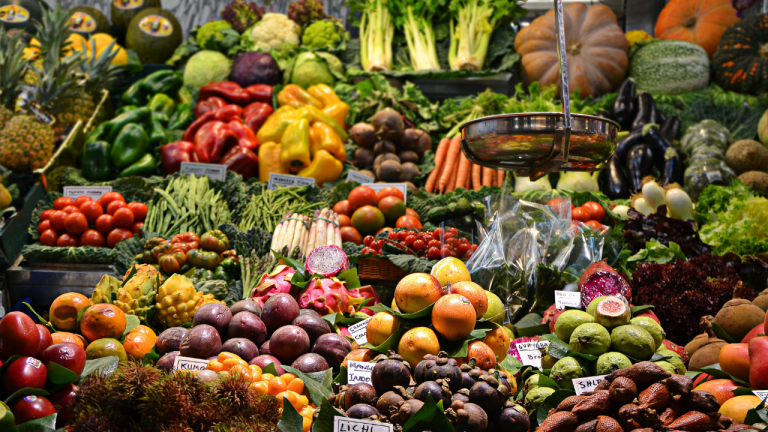How Can I Preserve Pineapple Juice for Commercial Purposes?

Pineapple juice can be preserved for commercial purposes using a variety of methods. Here are a few options:
Pasteurization: This is a common method for preserving fruit juices. The juice is heated to a high temperature for a short period of time to kill any bacteria or other microorganisms that may be present. The juice is then quickly cooled and packaged in a sterile environment. This method can extend the shelf life of pineapple juice for several months.
High-pressure processing (HPP): This is a non-thermal preservation method that uses high pressure to destroy bacteria and other microorganisms. The juice is placed in a sealed container and subjected to high pressure for several minutes. HPP can preserve the natural flavor, color, and nutritional content of the juice, and can extend the shelf life by several weeks.
Aseptic packaging: This is a packaging method that involves sterilizing the juice and the packaging separately, then filling the sterile package with the juice in a sterile environment. Aseptic packaging can extend the shelf life of pineapple juice for several months and is commonly used for juice boxes and cartons.
Chemical preservatives: While less commonly used today due to consumer demand for natural products, chemical preservatives such as sodium benzoate or potassium sorbate can be added to pineapple juice to extend its shelf life. These preservatives prevent the growth of bacteria and other microorganisms. However, some consumers may be concerned about the safety and health impacts of consuming chemical preservatives.
Ultimately, the choice of preservation method will depend on factors such as the desired shelf life, the cost of equipment and materials, and consumer preferences. It’s important to follow appropriate food safety protocols when preserving pineapple juice for commercial purposes.



